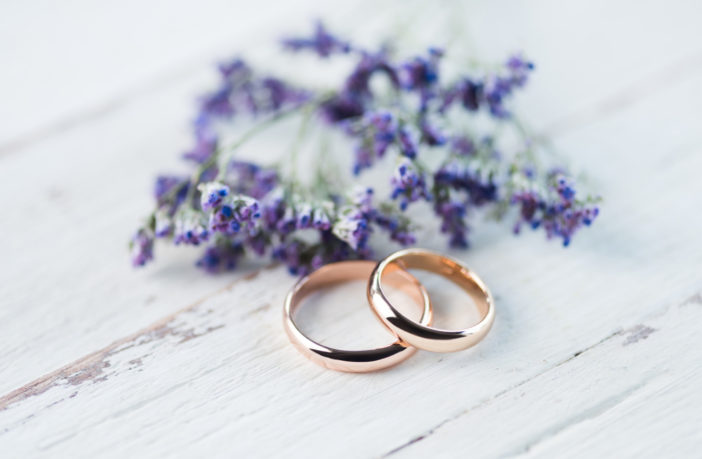Research by Dr Stephanie Pywell, from The Open University and Professor Rebecca Probert from the University of Exeter into the impact of COVID-19 on weddings has reinforced the need for marriage law reforms.
Complications thrown up after events were cancelled due to the various lockdowns resulted in hundreds finding it difficult to reconvene, the research found.
A survey of 1,449 people whose plans to marry in England and Wales had been affected by COVID-19 during the first lockdown in summer 2020 discovered that 625 had been unable to marry on their intended wedding date as it fell during the period of lockdown.
Just 10 managed to bring the date forward and marry before the start of lockdown, while 615 had to postpone their plans. A further 793 couples had been planning to marry between the end of lockdown and the end of 2020 and had had to change their plans in some way.
Ease and speed of rebooking weddings was variable
The remainder had either been prompted to marry in England and Wales on account of COVID-19, or had decided to postpone their wedding indefinitely, were no longer planning to marry, or were unable to marry.
The experts found that the ease and speed with which couples were able to marry also depended on whether they had chosen a religious or civil ceremony. The Anglican church enabled couples to apply for a common or special license to marry instead of having their banns read. Prior to the pandemic the church would issue around 40 of these types of licences a year, if one of the couples or a member of their family was terminally ill for example. Whereas during the first lockdown alone, the Church of England’s Faculty Office issued 104 special licences under these conditions. By contrast, the Registrar-General – who is responsible for civil weddings – issued fewer licences than usual for this purpose.
Dr Pywell said: “The limited number of venues in which couples can marry made it impossible for most couples to marry during the pandemic, although they were able to do so in some other countries.
“We argue that the laws governing marriage in England and Wales must be fit for purpose in the 21st century, so that couples can marry with relative ease if there is a similar nationwide crisis in the future.”
The survey asked couples whether they would have wanted to marry in a virtual ceremony. One in 11 said they would have considered a wedding via video-link had this been available. Couples were also asked if they would have been willing to marry in a socially-distanced ceremony with the minimum number of persons present required by law for a valid marriage. One in nine would have been happy to do so outdoors, and one in seven would have considered doing so indoors if different households were separated by screens. Overall, one in five would have considered at least one of these options.
Other options for virtual and other ceremonies “deserve serious consideration”
The researchers say all these options deserve serious consideration, and that legislation should be amended to make this option available during any future emergency.
Prof Probert said:
“Reform is clearly needed, but any such reform has to be holistic rather than piecemeal, and we hope that our findings will strengthen the case for making weddings law simpler and more flexible for the future.
“The fact that for much of 2020 and for 2021 so far couples were either unable to marry, or unsure as to whether their planned wedding would go ahead, led many to reflect on just how important it was to them.
“A wedding should be available to couples at the best and worst of times.”



